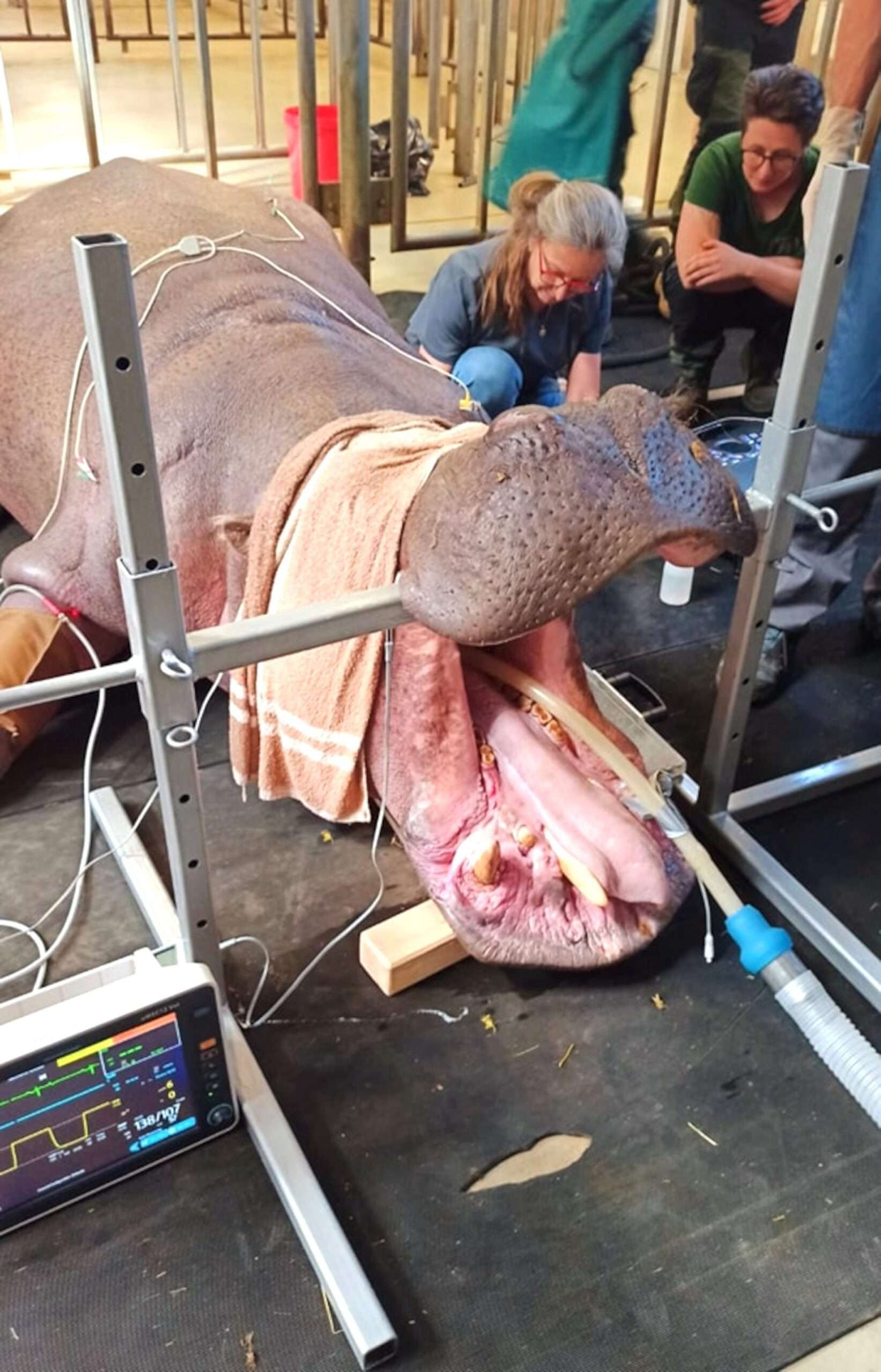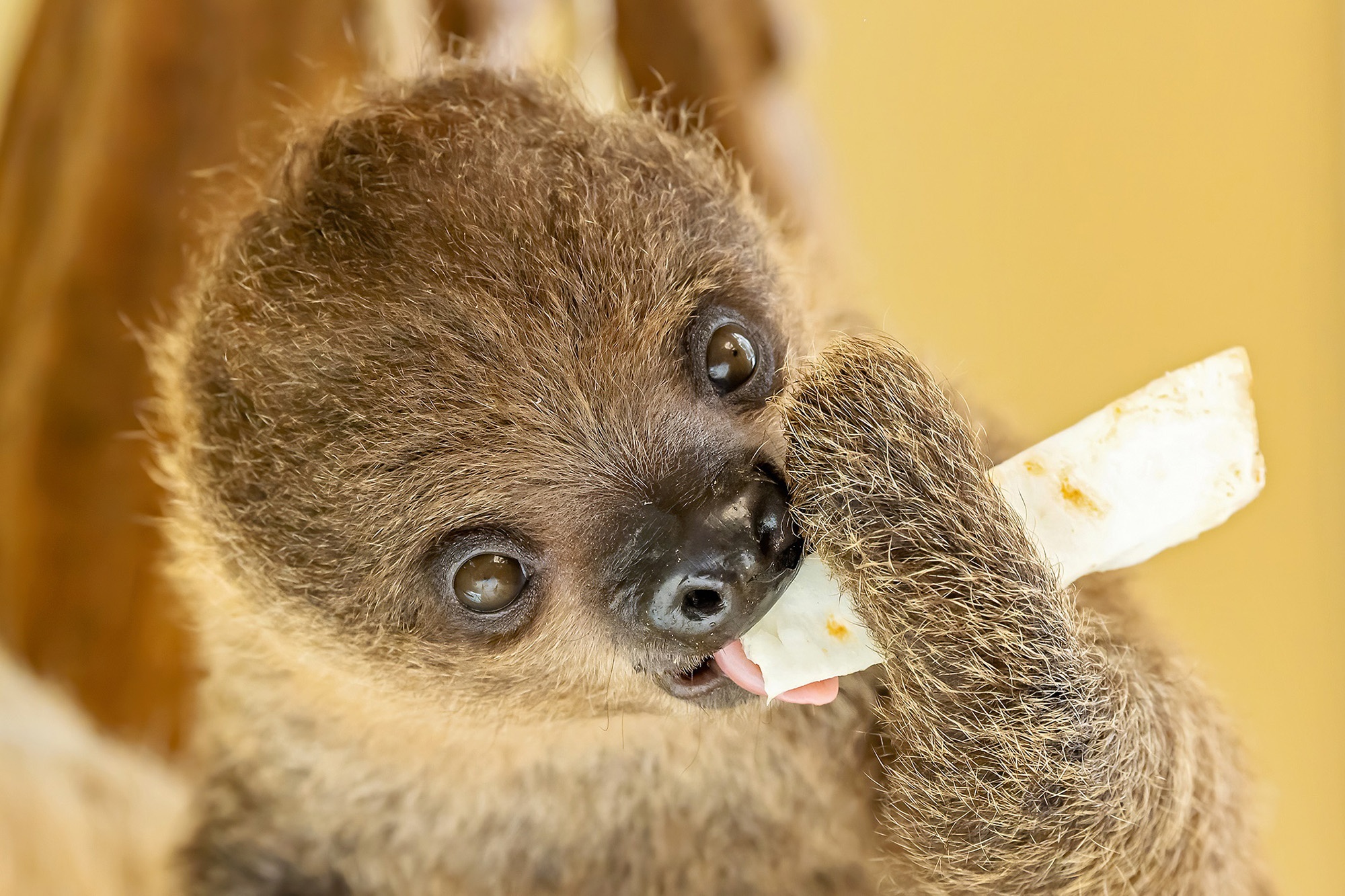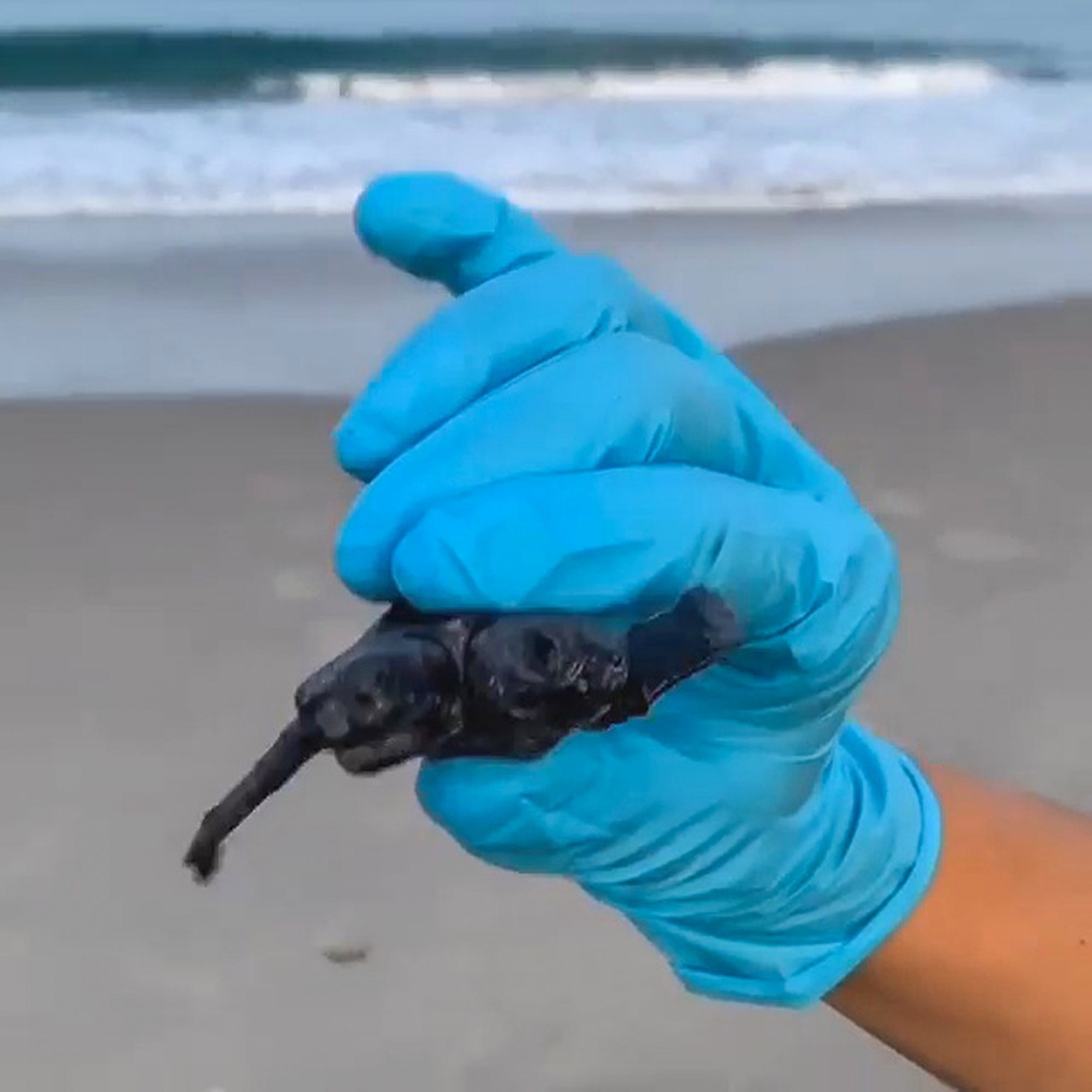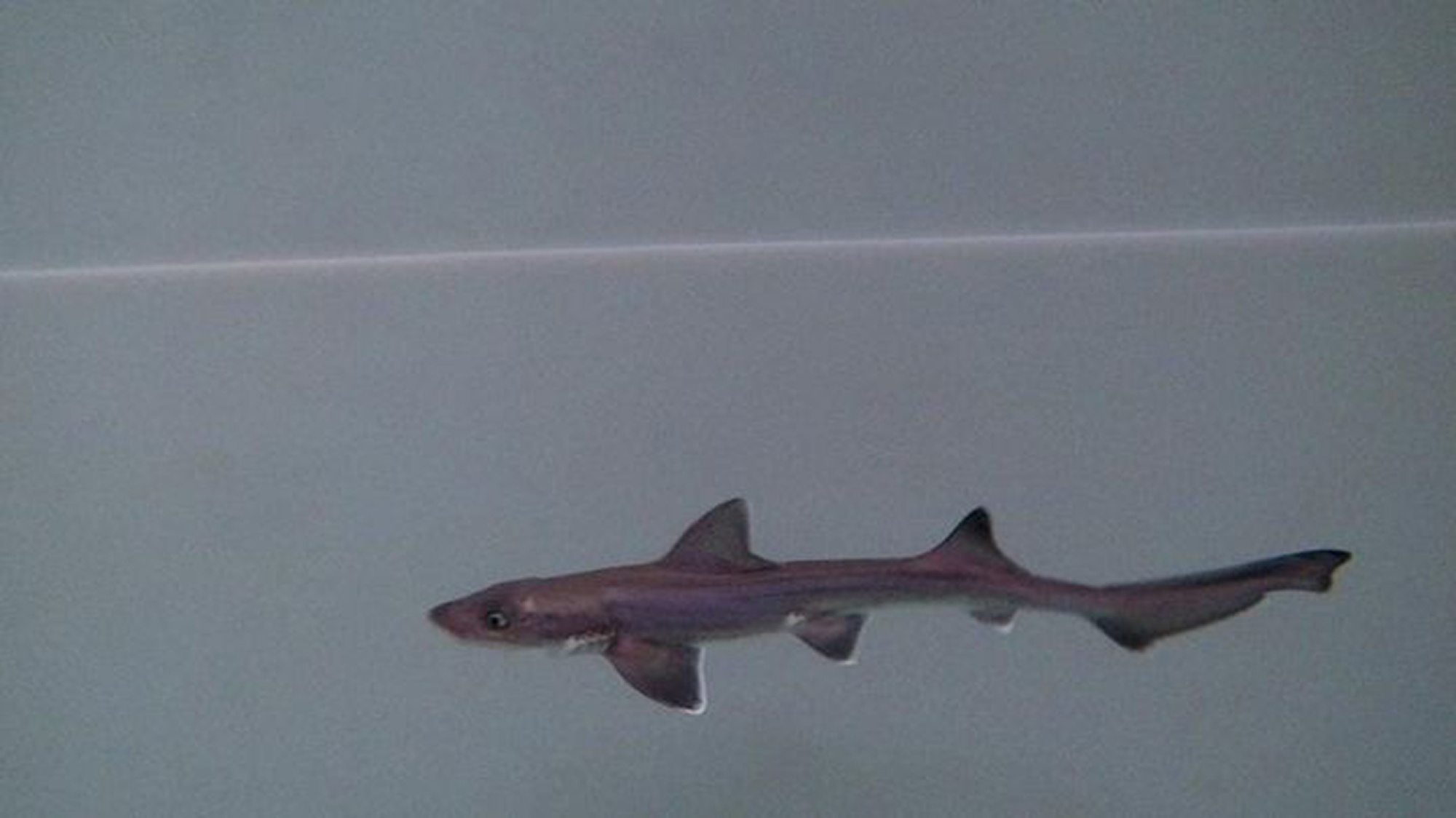A pod of the world’s tiniest and rarest porpoises which has apparently nearly doubled the population has been discovered off the coast of Mexico.

The vaquitas – which rarely grow larger than 55 inches – are the most threatened marine mammal on the planet.
Their plight has even touched the hearts of Hollywood stars like Leonardo DiCaprio.
But their cute appearance has not helped secure their future and by 2021 the population in Mexico’s Gulf of California numbered just eight.
Now overjoyed conservationists have revealed that a new study shows their numbers in the gulf have been boosted to 13, including a young calf.
The figures emerged after the joint 2023 Vaquita Survey last month (May) by marine wildlife experts Sea Shepherd and the Mexican government.
A statement from the Sea Shepherd Conservation Society (SSCS), a conservationist group dedicated to preserving the ocean environment, on 7th June, said: “Survey data shows up to 10-13 Vaquita exist, including a minimum of one newly born calf, who have now been sighted in two consecutive surveys.”
Study leader Dr Barbara Taylor explained: “This survey revealed the greatest conservation success for vaquitas in my 30 years working to conserve this species.”

She credited the success to the clampdown on illegal gillnetting, which traps the tiny porpoises underwater and drowns them.
Dr Taylor added: “The apparent 90 per cent decrease in gillnetting within the last stronghold of the Vaquitas is probably the most significant step taken to date to save this species.”
The statement went on: “A partnership between Sea Shepherd and the Natural Protected Areas Commission of Mexico (CONANP), the survey was conducted by fourteen highly trained and experienced observers and led by Dr Taylor, who has more than 20 years of experience in protecting the vaquita.
“The survey located and tracked vaquitas from two ships, the Sea Shepherd vessel M/V Seahorse and a private vessel: Sirena de la Noche.
“Both vessels served as observation platforms to help estimate the population size of the living vaquitas in the Zero Tolerance Area (ZTA) of the Vaquita Refuge. Logistical support was provided by the Mexican Navy.”
The statement quoted Pritam Singh, the Chairman and CEO of Sea Shepherd, as saying: “The mission we share with CONANP, SEMARNAT, the Mexican Navy and Dr Taylor is simple; save the vaquita.
“Our commitment to that goal is complete, and for us at Sea Shepherd, the survey results we are announcing today do exactly one thing; increase our determination to save the vaquita.”

Dr Taylor said: “This is the most encouraging news ever of human intervention to save vaquitas.
“The results of the May 2023 survey provide clear evidence that this type of protection needs to be expanded to cover more of the high-use areas of the remaining vaquitas.”
The good news comes after numbers of vaquita porpoises in the wild were found last year to have been reduced to a handful because of ruthless criminal gangs plundering the seas off Mexico’s Pacific coast.
The gangs use gill nets to catch totoaba fish, dubbed the ‘cocaine of the sea’ because of its swim bladder.
The sac is believed to have miraculous healing powers in mythical Chinese medicine and is worth more than gold on the black market.
But vaquitas – which share the same seas – were found to have been all but wiped out after being caught in the illegal nets too.
So a new agreement was set up between the Mexican Navy and Sea Shepherd – Operation Milagro – to tackle the problem in a bid to ensure the survival of the species.

The plight of the porpoise attracted the attention of Hollywood celebrities and wealthy philanthropists.
After Mexico decided to allow fishing in the region, film star Leonardo DiCaprio tweeted: “The Vaquita porpoise is the most endangered marine mammal in the world. Yet, the Mexican government has lifted the ban on fishing in its habitat, effectively ensuring that the remaining 10 or so porpoises will die in gillnets.”
The vaquita porpoise was not fully described by scientists from specimens until 1985.
Mostly grey in colour, it is distinguished by a triangular dorsal fin, its rounded head and markings around its eyes, and lack of a pronounced beak.
Males reach 4.6 feet in length, while females can reach 4.9 feet, and they weigh between 60 to 150 pounds.
Entanglement in nets and other illegal fishing gear is the biggest threat to the porpoise.










